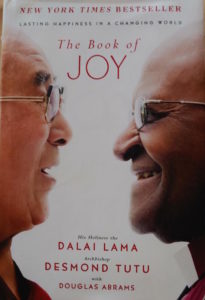I Can’t Breathe.
These aren’t words spoken in jest, they are a cry for help. They were the last words of George Floyd, but weren’t lost when his life was taken. I CAN’T BREATHE speaks to more than loss of oxygen: it is just as true when someone’s intrinsic worth is denied because of the shade of their skin, their gender, sexuality, abilities, or any number of other reasons. I can’t breathe too often is a communal truth, still true a hundred plus years beyond emancipation, sixty some-odd years after Civil Rights legislation. Potential is smothered, talents choked, and the whole world is the lesser for it. This isn’t a problem for a specific group of people, it’s an infection that destroys the humanity of those who are held down and the ones hate-filled enough to do the holding.
There’s nothing in these words that is new, but perhaps there’s something new in the air we all breathe. It cost a man his life, it cost the world his gifts and his love. But just maybe such a loss opened up the space for real change. I hope so. After all, the Spirit is the Breath of God. When we asphyxiate those we consider outsiders, we close our lungs and souls to the Spirit.
Jesus said to them again, “Peace be with you. As the Father has sent me, so I send you.” When he had said this, he breathed on them and said to them, “Receive the Holy Spirit.” John 20:21-22, NRSV
Kyrie, Mr Mister; RCA; December 21, 1985; Richard Page, Steve George, John Lang (writers)




